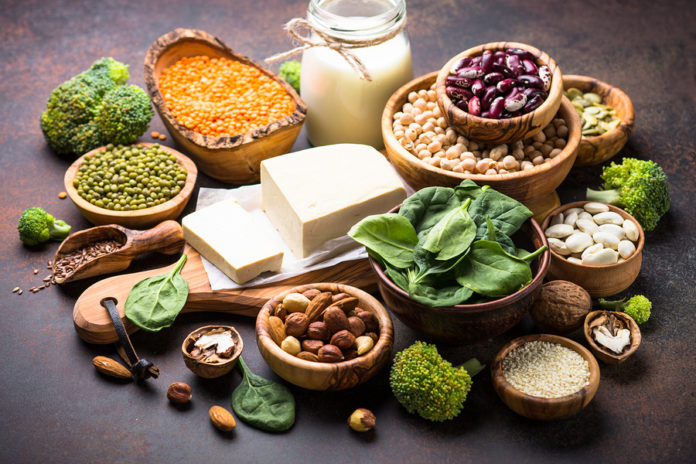
Plant-based food sales were up 20% to $3.3 billion in the 12 months ending in June 2018, according to recent data from the Plant Based Foods Association (PBFA) and Nielsen. This growth outpaced all retail food sales by 10x.
The numbers are impressive, but not entirely surprising considering plant-based options have moved from fringe to mainstream. Michele Simon, executive director of the PBFA, said, “Plant-based meat and dairy alternatives are not just for vegetarians or vegans anymore; now even mainstream consumers are enjoying these delicious and innovative options in the market today.”
More from the highlight reel:
- Plant-based milk alternatives are the real MVPs, accounting for about half the total dollar volume at $1.6 billion and comprising 13% of total milk (dairy and non-dairy) sales. Cow’s milk, on the other hand, is was down 6% in total sales.
- Plant-based dairy alternatives (excluding plant-based milk alternatives) saw explosive growth of 50% over 2017.
- Creamers, cheese, and yogurt grew at an impressive 131%, 43%, and 55%, respectively.
- Plant-based meat alternatives grew 24%, up from just 6% in 2017.
With plant-based choices infiltrating grocery store shelves around the country, it’s likely sales will continue to grow in the coming years.
But with growth comes challenges — and a big hurdle for producers of plant-based food is simply naming their products. For example, the U.S. Food and Drug Administration is planning to prohibit plant-based dairy alternative companies from using the word “milk.” Meat alternative producers have also come under fire for using terms like “meat,” “beef,” and “clean meat” to market their products.







